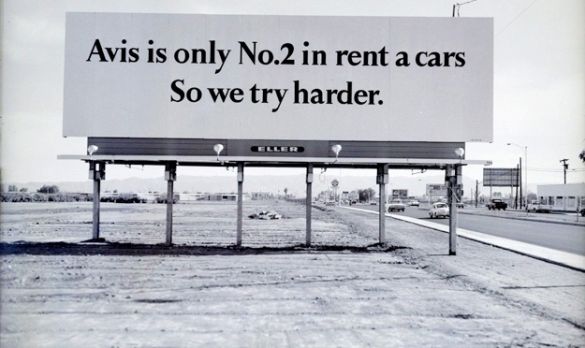News
Reinsurance Solutions Intermediary Services is growing all the time.
Take a look through our news articles for more on our latest client wins, new products and services, and exactly how we're helping Southern African insurance firms meet their customer obligations.
News | Smaller companies try harder
Smaller companies try harder
July 20 2021 By Cameron Cupido cameron cupido

Bigger equals better. That's the standard narrative of modern society. From our houses to our cars to our burgers, upsizing everything makes it better.
When it comes to business, the same principle applies. Bigger firms have more staff and therefore more collective resources. They're able to offer greater numbers of products and solutions, and just by virtue of the fact that they're bigger, they're better at what they do.
Linked to this is the idea that companies that claim the largest chunk of market share are also, well, better. They didn't get to that position for nothing, after all.
Well, that's what the old paradigm has led us to believe. For the past 100-odd years, big business has enforced the idea that bigger enterprises are better. That they offer a superior service simply because they have more bodies in seats. It has also furthered the perception that number one firms are untouchable, unshakable in their pole positions, which naturally means they're better than the competition.
Today, in the new world of business, where the way in which we conduct ourselves - from the language we use to the hours we keep to the way in which we service our customers - has shifted 180 degrees. The idea that bigger is better and No. 1 trumps all, has lost traction.
In fact, it was the forward-thinking Avis back in 1962 that began dismantling this idea. For years the company had trailed behind market leader, Hertz, and wanted to reclaim market share and profitability.
Instead of positioning itself as Hertz's rightful equal in its market-leading position, or as its closest rival vying for that number one spot, Avis launched an ad campaign that embraced its second-place status. It focused not on why it should be No. 1, but on what made it No. 2.
The car rental agency used its unrivalled customer service as the differentiator. This tapped into the idea that keeping customers happy through outstanding customer service was more important than a company's market rank.
The campaign adopted the smart tagline: 'When you're only No. 2, you try harder. Or else.' Through plain and simple adverts, consumers heard that Avis 'can't afford not to be nice'; 'can't afford to make you wait'; and 'can't afford dirty ashtrays'. They were told, 'When you're not the biggest in rent a cars, you have to try harder. We do. We're only No. 2'.
The campaign was a game changer. Avis went from losing $3.2 million to earning $1.2 million in one year alone. That was the first time the company had been profitable in more than a decade.
If anything points to the power of an organisation remaining focused on its strengths and unfaltering in its customer service no matter how threatening the giant breathing down its back, this story does.
In the Southern African reinsurance sector, there is a case to be made for the smaller 'Davids' versus the big 'Goliaths'.
We might not have thousands of employees, but that makes us agile and able to quickly respond to changing market conditions and therefore our clients' needs.
We might not have dozens of one-size-fits all industry solutions, but that makes us innovative and allows us to tailor-make our solutions for a perfect custom fit.
We might not have the combined weight of several international brands behind us, but that keeps us in touch with the needs and nuances of the local market.
It makes us responsive, keeps us relevant and ensures we never stop striving to surpass our own standards.
Because when you're not the biggest and not number one, you really do have to try harder.
Ask me, I know.